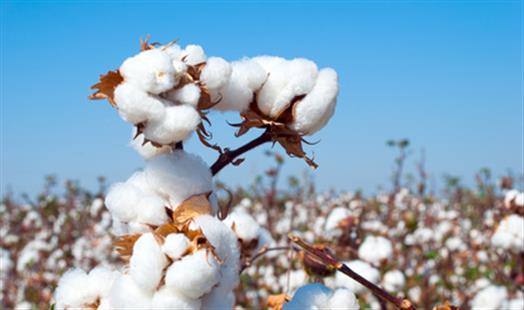Cotton farmers to receive refunds from Boll Weevil Eradication Foundation
by March 13, 2019 3:11 pm 955 views

The Arkansas Agriculture Department’s Plant Board on Wednesday (March 13) approved a proposal from the Boll Weevil Committee for a $1 per acre refund to all Arkansas cotton farmers from the Boll Weevil Eradication Foundation (BWEF).
More than $463,000 will be refunded to farmers by the end of April for assessments collected during the 2018 growing season. The refund is due to the BWEF being able to operate under budget and the success of the foundation in eradicating boll weevils in Arkansas since 2006, according to the board.
The Bureau of Standards Committee recommended a seasonal change to the required flash point of diesel fuel sold for commercial use, which was approved by the board. The new policy dictates from November 1 to March 31, any diesel that has a flashpoint between 105 and 118 degrees can still be sold, but sellers have 30 days to bring the flashpoint above 119 to prevent a stop-sale order. The previous policy resulted in an immediate stop-sale order if the flashpoint tested below 119 degrees.
In other business, a proposal from the Seed Committee was approved to lower the acceptable germination rate for certain varieties of certified soybean seed from 80% to 70% this season, requiring labeling showing the germination percent and “substandard germination.” This decision allows for the continued advancement of soybean breeding efforts by the Arkansas Foundation Seed despite the unfavorable 2018 growing conditions that produced substandard seeds.
A draft rule change for the Arkansas Pest Control Law was submitted and approved by the board. The draft proposal includes a change in the percentage of exclusions of certain minimum treating standards approvals, the number of registered agents that may be supervised by a commercial applicator, and changes in the minimum requirements for structural pest work on existing structures. The rule will be sent to Gov. Asa Hutchinson for review, and if approved, a 30-day public comment period will begin.
The board approved a proposal from the Nursery and Plants Committee to initiate quarantine restrictions for the Guava Root Knot Nematode (GRKN). The restrictions will apply to plant material being moved into Arkansas from quarantined areas in North Carolina, South Carolina, and Florida.
In 2018 the GRKN was accidently introduced into northeastern Louisiana near the Arkansas border on sweet potato roots from North Carolina. Crops grown in Arkansas that are susceptible to this pest include soybean, cotton, many cucurbit vegetables (cucumber, squash), tomato, pepper, eggplant, Irish potato, and southern peas.
